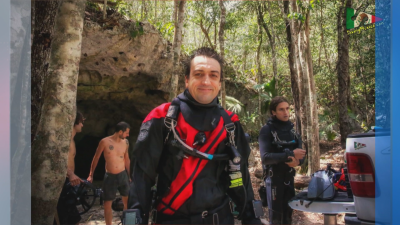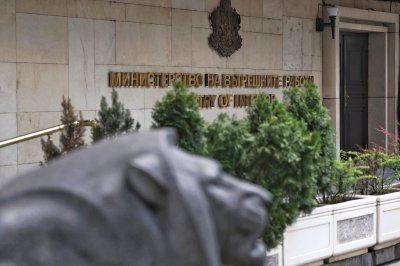The Parliamentary Committee on Direct Citizen Participation, Petitions, and Interaction with Civil Society on April 10 held an open session to hear the candidates for the position of Ombudsman of the Republic of Bulgaria.
There are six candidates in total: Anton Stankov, Maria Mateva, Dzhema Grozdanova, Dimitar Margaritov, Maya Manolova, and Velislava Delcheva.
Among the priorities presented by the candidates to the media and parliamentary group representatives were the protection of citizens’ consumer and social rights, fair juvenile justice, and ensuring the accessibility of the Ombudsman institution to the public.
Anton Stankov emphasised during the hearing that the Ombudsman institution faces many challenges, one of which is how to become more mobile and accessible to citizens. He stated that the institution is already a well-established and popular tool for the public. Stankov outlined his priorities as supporting citizens in exercising their rights, improving access to justice, and safeguarding consumer rights and the rights of vulnerable groups, including persons with disabilities.

Candidate Velislava Delcheva highlighted that a wide range of issues related to citizens’ economic, consumer, and social rights remain a core concern, as also reflected in the institution’s annual report. She noted the particular importance of protecting the rights of vulnerable groups. Although the number of complaints submitted by individuals in these groups is not large, their vulnerability inherently increases the risk of rights violations.

“My long-term priority is children's rights in their interactions with the justice system and the introduction of a modern juvenile justice system,” said candidate Dzhema Grozdanova during the hearing. She also stressed the need for reform in the current system for addressing juvenile delinquency. “It is high time we adopt the Law on Diversion from Criminal Proceedings and the Imposition of Educational Measures on Juvenile Offenders, and I hope we can achieve that together,” Grozdanova added.

Candidate Dimitar Margaritov noted that in recent years, the majority of complaints submitted to the Ombudsman have been related to consumer rights. He underlined the role of the Ombudsman as a mediator in such cases and listed care for children with special needs as one of his priorities. “By offering differentiated educational content, we will be able to implement a more inclusive education program,” Margaritov stated.

Maria Mateva, another candidate, emphasised that one of her goals as Ombudsman would be to restore public trust in the public sector. Among her key priorities were improving public services and access to them, increasing institutional transparency, and modernizing administrative systems. “We need ready-to-use and effective tools to help citizens exercise their rights,” Mateva noted.

It is not the people who should look for the ombudsman, but the ombudsman should be with the people, said Maya Manolova during the hearing. As a central focus of her candidacy, Manolova emphasized the importance of on-the-ground engagement by the institution. “Citizens expect the Ombudsman to be present where issues arise. My team and I support protests and civic initiatives, and we are also preparing legislative proposals — including laws on personal bankruptcy and debt collection agencies,” she stated.

Photos by BTA
The procedural rules for the election of an ombudsman were adopted by the The procedural rules for the election of Ombudsman were adopted by the National Assembly on February 13 of this year. It was decided that nominations for the position must be submitted in writing to the Committee on Direct Citizen Participation, Petitions, and Interaction with Civil Society within 28 days from the adoption of the rules.
According to the Ombudsman Act, the Ombudsman is elected by the National Assembly through a transparent and public procedure for a term of five years and may be re-elected to the same position for only one additional term.








 Чуй новините
Чуй новините Подкаст
Подкаст





























